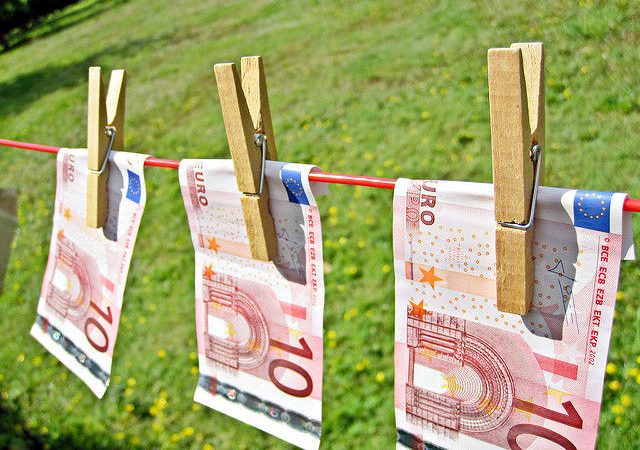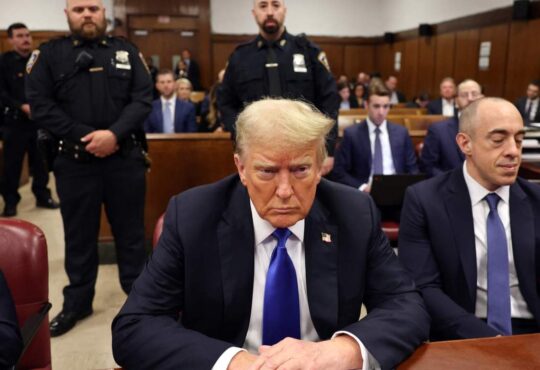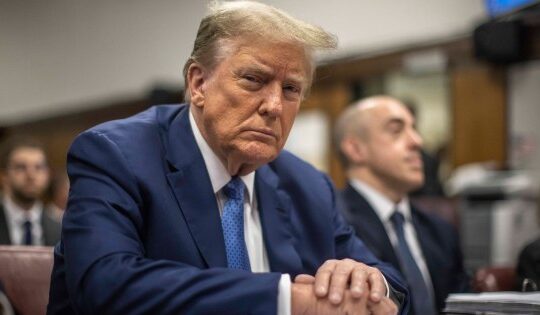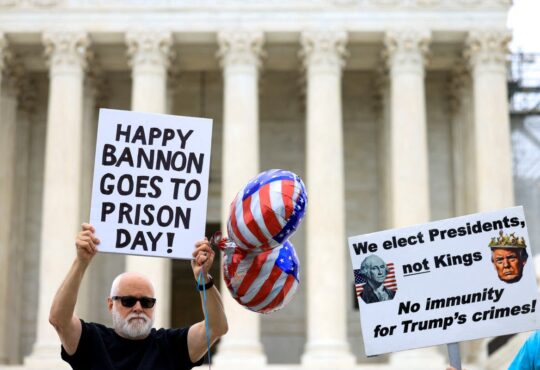
The Council of the European Union and the European Parliament have reached a provisional agreement on anti-money laundering legislation that has been hailed as “a really good step forward” by anti-corruption experts.
The deal, announced in the early hours of Thursday (18 January) morning, aims to clamp down on fraud and “protect EU citizens and the EU’s financial system” against the funding of terrorist groups and organised crime syndicates.
“This will ensure that fraudsters, organised crime, and terrorists will have no space left for legitimising their proceeds through the financial system,” Belgian Minister of Finance Vincent Van Peteghem, whose country holds the rotating EU Council Presidency, said in a statement.
Among other measures, the agreement would force luxury goods traders, football clubs, and some cryptocurrency sector institutions to conduct due diligence checks on their customers.
It would also set a maximum threshold of €10,000 for cash transactions throughout the EU and allow certain journalists and anti-corruption campaigners to gain access to a beneficial ownership register, where the beneficial (or ‘true’) owners of businesses would be listed if they own more than 25% of a company’s shares.
“We think it’s a really good step forward,” Maíra Martini, a policy analyst at Transparency International, told Euractiv. “It really covers some of the loopholes and addresses some of the things that were previously problematic.”
Martini also praised the fact that many of the provisions will come in the form of new EU regulations rather than directives, meaning that member states will not be given any discretion when transposing the rules into national law.
“This will help to ensure a more harmonised and coherent approach to money laundering across the union,” she said. “And we think this is really positive.”
European lawmakers echoed Martini’s positive appraisal of the agreement. Luděk Niedermayer, a Czech MEP of the centre-right European People’s Party who participated in the negotiations, said it would “close the plethora of loopholes that exist and which make life far too easy for money launderers”.
Similarly, Dragoş Pîslaru, a Romanian of the liberal Renew Europe group who previously served as a shadow rapporteur on EU anti-money laundering legislation, said it “will give oxygen to our honest citizens” and help “prevent terrorist financing”.
‘Could have been stronger’
However, Martini said that Belgium’s Van Peteghem was “going too far” in his suggestion that the deal would leave “no space” for corrupt individuals or institutions to transfer their illicit earnings within (or into) the EU.
In particular, she said that provisions relating to identifying companies’ beneficial owners “could have been stronger”.
“One of the things we have been pushing for was lowering the threshold [for reporting companies’ beneficial owners] because currently, you only need to record as beneficial owners people who own more than 25% of company shares. And this is very easy to circumvent now.”
“The only improvement here is that they say that member states should, in high-risk cases, lower the threshold – but that still leaves a lot of room for implementation.”
The EU: A launderer’s paradise?
According to the United Nations Office on Drugs and Crime, funds worth 2-5% of global GDP are laundered each year, which in 2023 would correspond to between €1.9 and €4.9 trillion.
Asked how much of a problem money laundering is specifically within the EU, Martini suggested that it is “difficult” to assess as money laundering is “so secretive”.
Nevertheless, she said, banking secrecy combined with the bloc’s general political stability have made the EU “a very attractive place for those who are looking for a safe place to park their money”.
“If you have secrecy combined with this political stability, rule of law and so on, people want to have their money there. And that’s why it’s not rare to see kleptocrats and corrupt politicians having properties and investments using EU companies.”
The recent agreement is only the latest anti-graft deal reached by the EU in recent months. In December, the European Parliament and member states agreed to establish a specialist EU anti-corruption authority, the Anti-Money Laundering Authority (AMLA).
The location of the new unit, which will also be used to clamp down on terrorism and sanctions circumvention, has not yet been determined.
Member states’ representatives must approve the new rules and formally endorse them by the Council and European Parliament before becoming enshrined in EU law.
[Edited by Jonathan Packroff/Zoran Radosavljevic]







